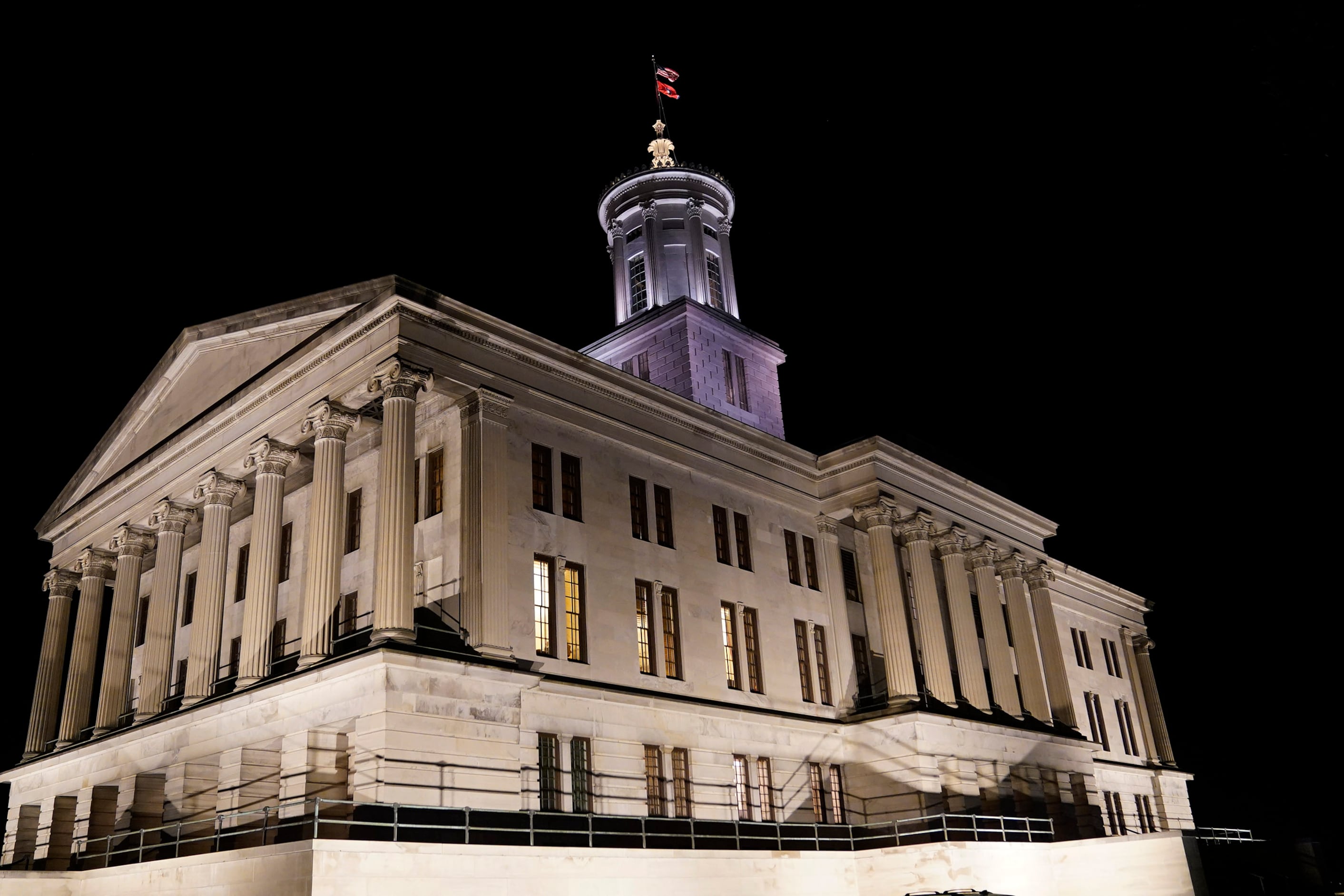Sign up for Chalkbeat Tennessee’s free newsletter to keep up with statewide education policy and Memphis-Shelby County Schools.
Tennessee’s legislative session ended this week, after lawmakers considered several controversial bills that would directly affect students. Here’s a roundup of how the most important education legislation turned out.
The failed Achievement School District has a replacement
The Achievement School District is set to shut down by the start of the 2026-27 school year, replaced by a new model of state intervention in low-performing schools.
The ASD aimed to push Tennessee’s bottom 5% of schools up to the top 25% by removing local control and placing schools in a state-run district, with mostly charter operators running the schools. But research shows the district’s schools experienced high teacher turnover rates and little gain in academic performance. After ASD’s peak of serving 33 schools, only three remain in the district.
The new model promises to give more control to local districts over how to intervene in low-performing schools. If a school does not improve, the state can escalate its level of intervention, up to the extent of school closure.
Takeover bill for MSCS evolves, then stalls
Bills aiming to intervene in Memphis-Shelby County Schools passed the state House and Senate, but stalled until next session because the two chambers didn’t agree on a final version.
The proposals emerged after the MSCS school board fired Superintendent Marie Feagins in January, less than a year into her tenure, a move that drew strong objections from the community and calls for accountability.
Republican Rep. Mark White of Memphis first proposed a version that would strip most powers from the elected school board and hand authority over to a state-appointed board of local residents. The version ultimately approved by the House called for an oversight board with authority to approve the district budget, among other powers, and allowing for expanded conversion of schools to charters.
The Senate version, from Republican Sen. Brent Taylor of Memphis, also called for a state-appointed advisory board for the elected school board. His bill would also allow the state education commissioner to recommend removing the MSCS superintendent and school board leaders, and allow the Shelby County Commission to choose their replacements.
The sponsors intend to take up the legislation again after a state-funded forensic audit of MSCS.
A bill targeting undocumented students didn’t pass
A bill that would allow school districts to deny free public education to undocumented students in Tennessee stalled due to financial concerns.
The legislation faced wide protest after its introduction. On multiple occasions, lawmakers had to abruptly end sessions as members of the public and activists in the gallery chanted and sang prayers.
The bill would directly challenge a 1982 U.S. Supreme Court’s ruling that guarantees a free public education for all students, regardless of immigration status. Along with its constitutional challenge, the bill also could also jeopardize more than $1 billion of federal education funding, according to its fiscal memo.
The legislation passed the Senate 19-13 on April 10, with seven Republicans joining Democrats to vote against it. But its fiscal note prevented the bill from moving forward.
Schools will have to teach a ‘student success sequence’ that includes marriage
The legislature passed a bill requiring public schools to teach students that the keys to success are to graduate high school; enter the workforce or pursue postsecondary education; marry; and then have children — in that order.
The success sequence emerged in the early 2000s, as researchers argued taking these steps leads to better economic futures. The concept has since generated support in conservative-leaning education policy circles. Critics say the concept does not account for the structures that drive poverty.
Much of the bill matched model legislation from the Heritage Foundation, the conservative think tank behind Project 2025, a policy plan for changing the U.S. government.
Cellphone ban coming to Tennessee public schools
A ban on cellphones in Tennessee public school classrooms will take effect beginning in the 2025-26 school year.
Students will be able to use their phones with teacher permission. There are also exceptions for emergencies and when students need to use devices for managing their health.
The majority of Tennessee schools already have bans in place. The new legislation gives districts the flexibility to decide details of their policies – such as how students would be disciplined for violating the ban and when the cellphones must be stored.






